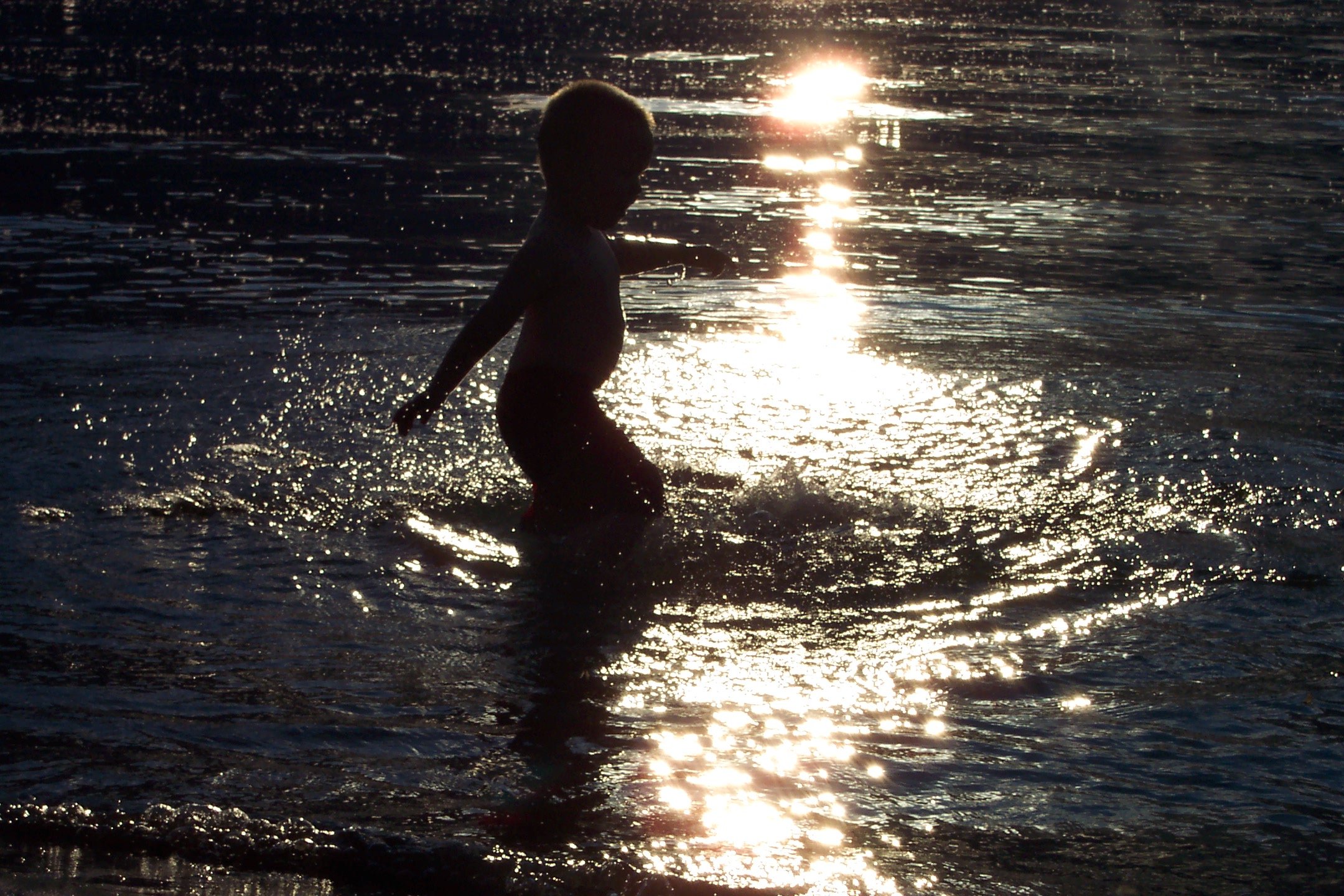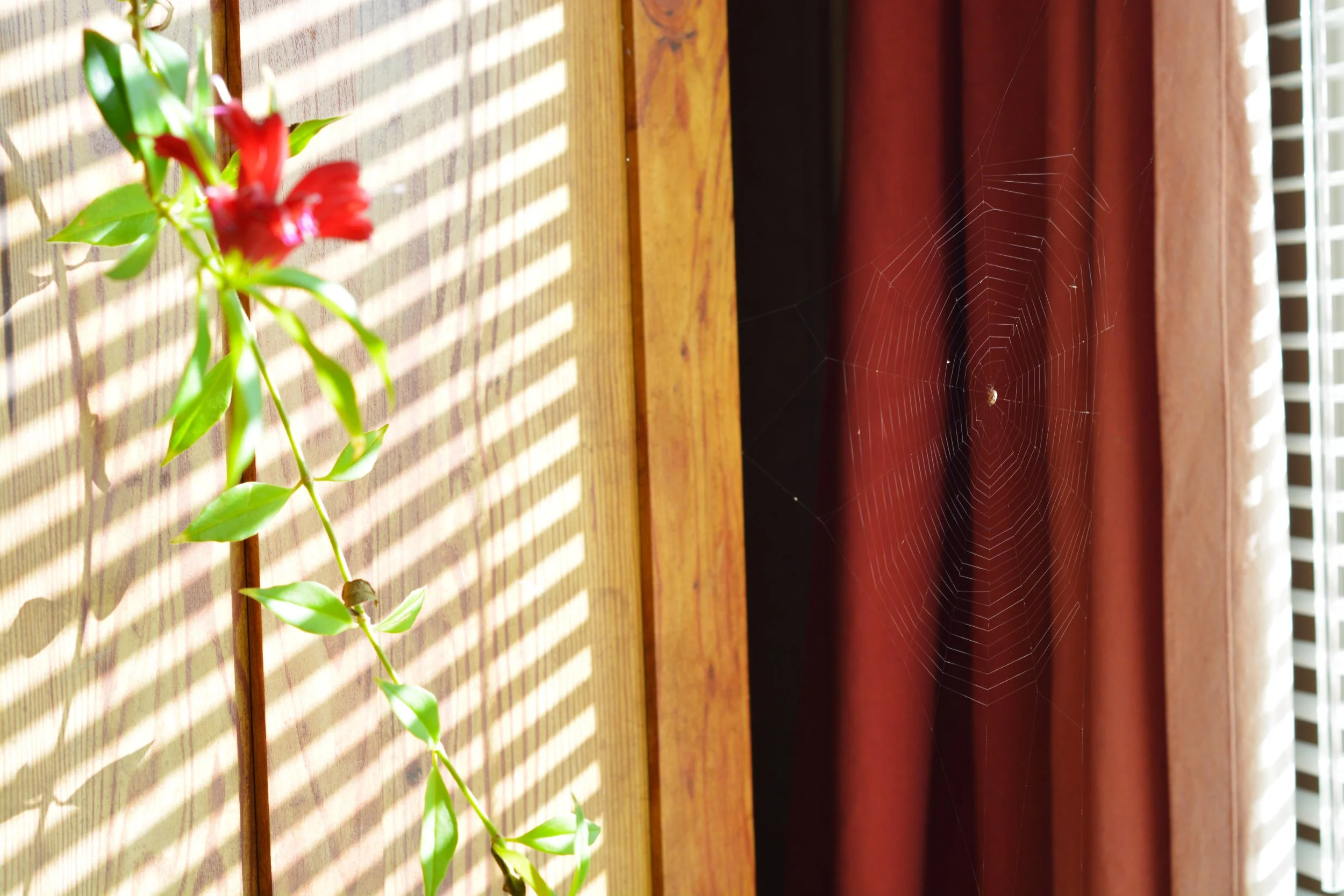Life Lessons from a Late-Undiagnosed ADHD-er
“Everything distracted me, but most of all myself.”
Last week, my husband sent me an Instagram reel* of a couple of girls on a podcast. One of them, Lucy, had just admitted she never uses a calendar or any sort of reminder system, because she just… remembers everything somehow. The other one was aghast and incredulous.
My husband’s comment? “Remember when we could do this? I was Lucy. Lucy was me.”
My own response was much more inline with the incredulous interviewer. I replied, “I haven’t been Lucy since I was thirteen years old, because before then, no one expected me to make decisions for my own schedule and actually ensure I accomplished those things.”
(And, like the other girl, I also got hives at Lucy’s 84k+ unread emails…)
Ironically, both of these girls could have ADHD. Or neither of them. But what I do know is, when you’ve lived with undiagnosed ADHD for a long time (or diagnosed), you learn an awful lot of ways to cope with the ways your brain struggles with the everyday expectations of our society—and that often includes creating systems to compensate.
In the last couple of months, I have learned an incredible amount about the ways ADHD has shaped my life, and my dedication to time management is one of them. I mean, how many people start keeping to-do lists at thirteen? (Or maybe ten? I don’t honestly know how old I was when I started making these for myself. My mother taught me the habit early, and I saw the value.)
In fact, I think that, compared to what I imagine the average person is probably like, I’ve spent a disproportionate amount of my time organizing time and work. I’ve got systems for my systems.
I’ve used more productivity hacks, apps, and systems than I can even remember, with varying degrees of success. (Different life phases required different levels of management, obviously.) I even wrote a blog post about how I stay so productive, and the basic structure of my systems remains unchanged, even if the specifics have changed somewhat. I’ve also written plenty of blog posts about recovering from the burnout I’ve cycled in and out of due to my constant push for productivity.
(If you’re expecting this to be another one of those, it’s not. #sorrynotsorry)
Now, I’m watching two of my adult kiddos struggle with many of the same things I’ve struggled with over the years as far as managing “all the things.” And I’m so. thankful. that I found out we all have ADHD before they had to keep struggling unsupported for as long as I have. Here are a few things I hope I can help them learn, and that I had to learn the hard way over the past almost half-century of living.
And if you or someone you love has ADHD, is just starting out in life, or is simply frustrated by how long it’s taking to achieve success, I hope this helps you too.
You don’t need to have it all figured out.
“Don’t worry, you can change your mind about your choices later. But you won’t know if you want to unless you actually try something first.”
The options can be overwhelming—so pick one and start on it. The only way to make progress is to actually be moving, however slowly, so if you want to do something, you need to get over the initial resistance and start doing it. If you want to learn how to play guitar, you’ll need an instrument, a teacher or tutorial, and practice. If you want to have a career, you’ll need to decide on one to start with and make steps along that path. Don’t worry—in most cases, you can change your mind later. But you won’t know if you want to unless you actually try something first.
Slow progress is still progress. You write a book one word at a time. You knit a sweater one stitch at a time. Whatever your goals are that you wanted yesterday, you can get them in your tomorrow if you keep working toward them today, bit by bit.
“Whatever your goals are that you wanted yesterday, you can get them in your tomorrow if you keep working toward them today, bit by bit.”
You can do it all… but not all at once. I know you’re interested in so many things. Life is longer than you think, so trust that you’ll have time to do the things you want. For now, choose the ones you want to pursue most, and pursue them wholeheartedly… until you’re ready to change it up, of course.
(And it’s okay if you’re doing or pursuing more than other people. It may take you longer to find your “thing” or to figure out your version of “success”, but you’ll get there eventually.)
Your weaknesses can become your strengths.
You’re going to need to be more proactive than most people to move forward… and that’s your superpower. Throughout history, it’s people who have had to struggle the most who have often achieved the most. (Check out The Obstacle is the Way by Ryan Holiday on Goodreads.) It’s because things are harder for you that you can succeed.
Thanks to the executive disfunction of the ADHD brain, we are interest-driven in a way the average person is not. If we aren’t interested in a task, accomplishing it takes every ounce of our willpower. But if we’re engaged, time seems to stop and we want to keep doing it forever… until it becomes difficult, of course. Then we’re tempted to switch to the next easy pursuit that promises another hit of dopamine.
But what about the thing that’s worth the struggle? The thing you’re actually passionate enough about to push through the hard or boring parts to get back to the parts you love?
To pursue any of your many interests deeply enough to move forward, you’ll need to develop muscles that those who have it easier won’t have to develop. You’ll need to learn things about yourself that others may not be curious about for themselves. You’ll develop the grit and determination and perseverence and self-knowledge to keep going, even when it’s really hard and you want to quit. And you’re going to develop your creativity and resourcefulness to herculean levels to overcome the extra obstacles you find in your way.
And it will suck. But it will also help you be amazing.**
“Allow your innate creativity and pattern-matching ability to blaze a new path to success for yourself, using what you learn from others as guidelines, not rules.”
Trust your gut. You know more than you think you do, and you’re doing better than you think you are. Because we often feel like we’re “failing” at whatever we’re doing—being an adult, keeping up with “normal people”, etc.—we often misjudge how much we’ve learned about how we operate and seek advice or guidance from other voices we see as more successful or certain—someone we think has their ducks in a row.
The thing is, there are a lot of people out there giving advice that simply won’t work for you because of how your brain works. The answer may not be to try some new productivity or success hack (though you can sometimes stumble on a gem that really clicks with you). It may be to remember all the times you’ve managed to succeed before, and use the process you used then. Allow your innate creativity and pattern-matching ability to blaze a new path to success for yourself, using what you learn from others as guidelines, not rules.
No skills or knowledge you gain are ever wasted. When you find something new that you’re interested in, you dive deep. Then, when your hyperfixation has run its course, you emerge like a groundhog in spring, starving and blinking in the sunlight, wondering how you can clean up the wreck your life slid into while you were learning how to construct a full-scale catapult, recreating an authentic Regency outfit, figuring out how the water got on Mars, or learning about the migrating habits of Emperor penguins.
Or maybe you’ve tried quite a few different jobs and careers, but you haven’t found the one that keeps you interested and excited about getting out of bed in the morning.
It can be tempting to feel like each shift in interest or position is another failure in your sordid history… but it doesn’t have to be. Yeah, maybe there are a few things you could do to manage your life better while you’re learning everything there is to know about ancient Greece, but also? You never know when that information will come in handy. Plus, you’re learning how to learn, and parse new ideas. No wonder you’re so creative.
And you’ll probably have a real shot on Jeopardy. Or in a career as an author…
You’re going to be okay.
You really are a special snowflake—but there are tons of people like you. So learn from them. I’m lucky that I stumbled into a career with a lot of people who struggle with the things I struggle with (whether they’ve been diagnosed with ADHD or not), and most of them are quite willing to share what has or hasn’t worked for them. Also, since ADHD is highly heritable, I suspect many people in my rather large extended family also deal with it, undiagnosed, and I’ve learned by example how to handle it (or how not t0).
Maybe you have, too. Or maybe you feel alone in a sea of people who really don’t “get” you. If that’s true (and even if it’s not), seek out your own sources of community and support. Online groups, podcasts, YouTube videos, therapy… there are people who understand you and what you’re going through, because we’ve been there. And, if you ask, most of us would love to help you struggle less than we did. So find us and learn from us.
You don’t have to do this alone. One of the struggles of having executive disfunction is experiencing even more resistance than the average hibernating bear to wake up and get started on things. Once we start, we’re usually okay (unless the activity is completely uninteresting to us), but getting started can be like trying to push a boulder uphill. However, much like pushing a boulder in any direction is easier with two or more people, so is getting us over that initial hump of Resistance. So use this knowledge intentionally to help you—recruit study or co-writing or workout buddies, and find ways to create accountability for yourself with other people. Not only will it be easier to get started, it will be easier to keep going—and this can make a huge difference in how far you get.
You don’t need to let labels define you—but you can use the knowledge they give to empower you. I’ve had a lot of identities throughout my life, including a few I’d take back, if I could. Though I haven’t officially received an ADHD diagnosis yet, I have no doubt about what the outcome of the assessment will be—and, as I mentioned a month ago, the understanding and acceptance of this has been life-changing. It’s a label that’s helped me make sense of myself, my kids, and a few other people I know.
But it isn’t all I am.
Just like I’m not only a mom, wife, author, editor, copywriter, musician, artist, scrapbooker, seamstress, knitter, knitwear designer, Christian, pet and plant mom, worship leader, composer, graphic designer, booklover, piano teacher, saddle pad retailer, website designer, photographer, or any of the myriad of other labels and skills I’ve collected on purpose—some now out of commission, many of them still something I do or am, and all of them part of me in some way. (By the way, if you’ve ever seen yourself in the term multipotentialite—you might have ADHD.)
Nor am I only a child loss survivor, a trauma survivor, an adult child of divorce, a white, middle-class Albertan cis-woman with one sibling and more extended family members than I can shake a stick at, or any of the other labels I didn’t choose for myself.
I’ve heard people say they don’t want to get a mental health diagnosis for themselves or their child because they don’t want the label to become a crutch. Well, sadly, if someone needs a crutch, it means they have parts that aren’t working properly—and no amount of not labelling a broken leg is going to help bones heal so someone can function in a society not built for them. But, give them a proper diagnosis and tools to support their healing and functioning, and suddenly, the world becomes manageable. More than manageable—they may be empowered to conquer much more than their diagnosis or injury would have otherwise allowed.
“No amount of not labelling a broken leg is going to help bones heal so someone can function in a society not built for them. But, give them a proper diagnosis and tools to support their healing and functioning, and suddenly, the world becomes manageable. More than manageable—they may be empowered to conquer much more than their diagnosis or injury would have otherwise allowed.”
You don’t need to be afraid of the label. It will only become your excuse and the defining part of your identity if you allow it to be. Or it could be the information you need to finally overcome what’s been holding you back, letting you access support and tools to move beyond the label and do what you’ve been longing to do all along—whatever that may be.
Have I missed any? What would you add to my list? Let me know in the comments.
Thank you so much for reading!
*Yes, I’m still “off” social media, but in an “I don’t spend time there” sort of way, not in an “I deleted all my accounts” sort of way. When my husband sends me a post, I go look at it… eventually. :-)
**I am by no means diminishing the “it will suck” part about having an executive functioning disorder. I’m also fully aware that everyone struggles with ADHD differently and to varying degrees. My point is, it doesn’t only suck, or it doesn’t have to. There are things about having extra struggles that help us develop abilities others don’t ever have to—and it can be easy to forget that this, in itself, is an advantage.
Did you know you can subscribe to this blog? I also have a bi-weekly newsletter. And some pretty fun books. Thanks for being here!
Blog home | Blog archive

Your support means everything.
Thank you for reading. If you've found value here, I would deeply appreciate you letting me know by leaving a comment below. And please subscribe so you don’t miss a post.
I also invite you to check out my reader community to get access to exclusive fiction and bonus content, leave me a tip, and more.
Thanks for stopping by, and I hope you come again soon.





